The World Conference on Doping in Sport starts tomorrow in Johannesburg, where it will consider a new anti-doping code and is expected to confirm the global doping policing body’s next president.
World sports leaders will converge at the Sandton Convention Centre for the four-day meeting amid frosty relations between the World Anti-Doping Agency (WADA) and international sporting bodies.
The conference will discuss the final draft of the third World Anti-Doping Code, which tightens punishment for transgressors and fine-tunes tests as doping scandals continue.
Less than one per cent of doping checks give an abnormal result, though tests have jumped from 150,000 a year to 250,000 since WADA’s creation in 1999.
Notwithstanding the tests, cyclist Lance Armstrong escaped detection for years, while former 100-meter sprint stars, Jamaican Asafa Powell and America’s Tyson Gay, tested positive for banned substances this year.
The new code will extend bans for caught-out dopers from two years to four, which implies automatic disqualification from the next Olympics.
The rules will also target support staff who conspire with sports people to use banned substances, and fine-tune testing according to the different sporting codes.
A WADA report in June blamed a lack of will for the relative few doping cases that are caught. The problem lay not with modern science, which is completely up to the challenge, the report found.
The conference will no doubt also discuss situations in Jamaica, Brazil and Kenya.
Besides Powell four others from the Caribbean island were also caught doping this year, and a report is upcoming after a WADA team audited the country’s national doping agency last month.
In August the agency revoked the accreditation of Rio de Janeiro, which will host the 2014 World Cup final and the summer Olympics in 2016.
WADA declared that the laboratory did not comply with international standards.
Meanwhile Kenyan authorities have been dragging their feet to investigate allegations of doping amongst its athletes.
But WADA’s accusatory tone with sporting bodies has come under fire notably from the International Olympic Committee (IOC).
Sport federations want it to play a more active role in performing anti-doping tests, as opposed to merely playing the schoolteacher that polices the code.
But WADA complains it is expected to do ever more with a budget of only US$28 million (RM89 million).
The conference will also most likely confirm incoming president Craig Reedie’s appointment.

















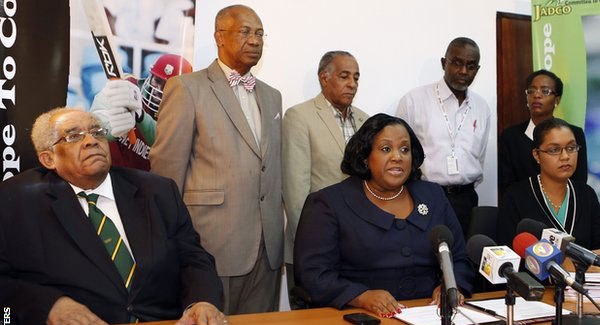
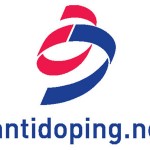
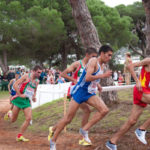
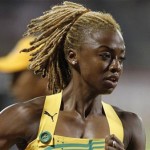
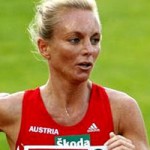



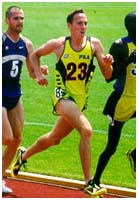
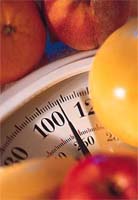
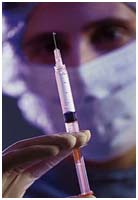
Jamaica’s most senior drug tester says the country’s recent rash of failed tests might be the “tip of an iceberg”.
Dr Paul Wright tells the BBC that up to now the Caribbean island’s anti-doping regime had been woefully short of the international standards required.